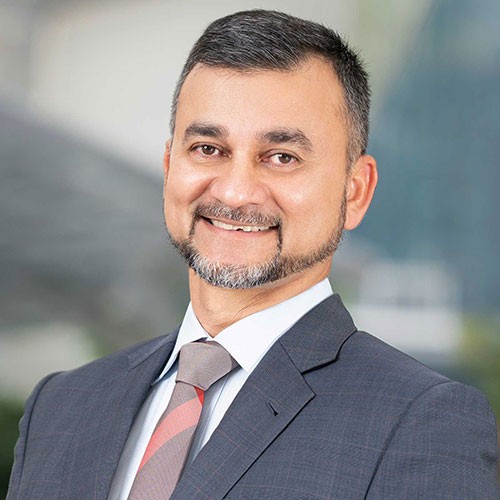
As an experienced auditor, I do not mind admitting that I am biased in my belief that auditing is a great profession. It constantly challenges me, and I find the opportunity to contribute meaningfully and collaborate with exceptional individuals from diverse backgrounds endlessly exciting.
But while I am enthusiastic about our profession and its potential as a career, there is no denying that the number of people choosing to enter it is in global decline and as a result the average age of audit engagement principals is rising. This could prove to be a ticking timebomb.
To my mind, there are a number of reasons for this decline in interest, including the demands of increasing regulation, changing mindsets and priorities, the fear caused by the perceived frequency and increasing level of fines levied against firms and individuals, and the worry that technology will erode the auditor’s role. More thorough analysis and consideration of these issues could help make the profession more attractive to the younger generation.
If we do a good job, we should have nothing to fear
Pros and cons
Let’s take increases in regulation. Regulation and the associated financial sanctions for non-compliance are vital to reassure stakeholders, who need to have confidence that where actual or perceived shortcomings are found in an audit, central intervention will take place.
With the number of audit failures, it is not surprising that regulation is increasing. While I am sure there could be opportunities to make regulation more proportionate and practical, firms and their professional bodies can help to avoid further increases in regulation by providing high-quality assurance. If we do a good job, we should have nothing to fear.
I see technology as an enabler not a threat
The complex and evolving laws in the UAE, with multiple regulators trying to address similar issues with differing regulations, place huge pressure on the audit profession, which must at all times keep up with the latest developments.
However, I am heartened by the fact that a number of regulators are starting to include directors and boards within their focus, not just auditors. In addition, the attitude of finance providers and other stakeholders is changing the view that boards have of auditors. Boards have increased their focus on quality and value for money rather than just price. This change allows firms to earn a fairer fee for their work and improve the rewards they offer their teams, which also plays a part in attracting recruits to the profession.
Tech misconceptions
As for concerns about the potential impact of technology, these reveal a limited understanding of what auditors actually do, and the agility of our qualification and training. This is not surprising as, for many years, our profession was often apologetic about its role and perpetuated the awful and disparaging term ‘bean counter’, which could not be further from the reality.
Our profession is about applying professional experience and judgment in dynamic and often complex environments. Undoubtedly technology will impact our profession, but I see this as a force for good, as an enabler rather than a threat.
With the right mindset, the profession has a bright future
It will absolutely change the way we work, but it will also provide us with better insights into the affairs of the entities we are engaged to audit and the environment in which they operate. This will free us from mundane tasks, making our work more rewarding.
While technology may well rationalise elements of the traditional audit business model, the scope of assurance continues to broaden, notably in areas such as climate and sustainability assurance. In addition, business models and their use of technology continue to change, and stakeholders still need assurance.
Exciting future
I believe we have reached an inflexion point, and that with the right mindset and investment, the profession has a bright future. Firms and professional bodies need to embrace change to make sure we are equipped to address this new reality, and to better explain the capabilities of and opportunities for auditors.
For their part, firms need to make sure they are providing a safe space, the tools and technology for their people to deliver quality, and fulfilling careers supported by lifelong professional development that maintains their relevance.
Regulatory and professional bodies should support audit firms in building trust to attract younger generations to the profession. I am reassured that professional bodies are developing their curricula to ensure tomorrow’s auditors are equipped with the skills they need.
In short, I believe the future of audit is bright, but nothing great is easy. The question to ask here is, do the younger generation share this belief?



